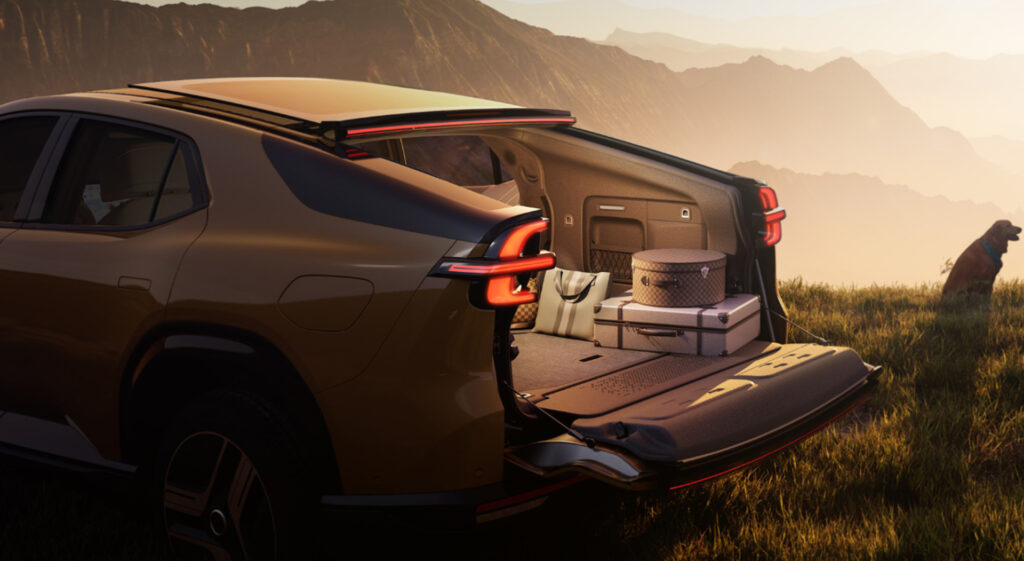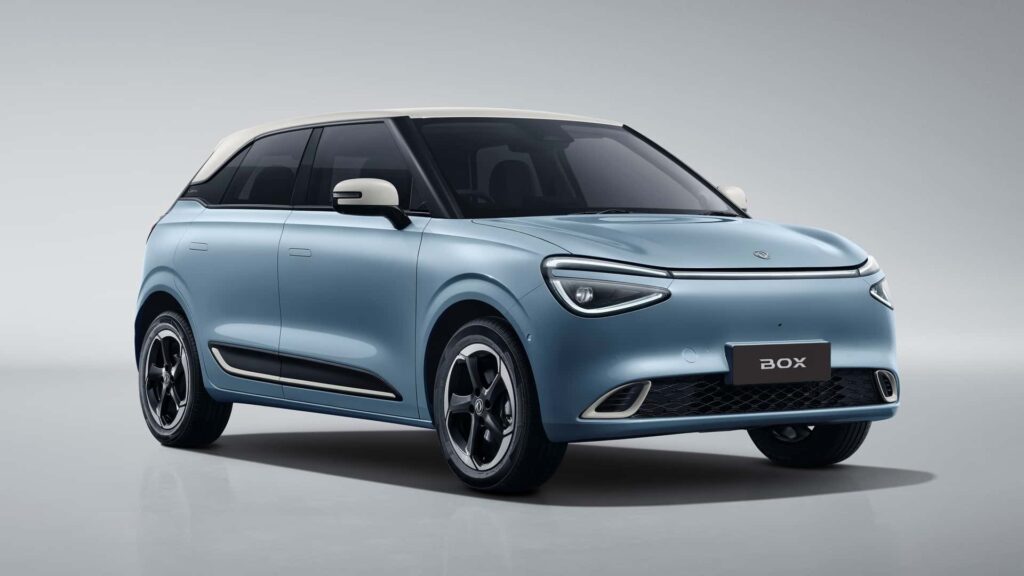China May Force Major Automakers To Merge
- The Chinese government wants to compete with BYD.
- Some reports suggest Changan and Dongfeng could merge.
- Certain state-owned brands have been slow to adopt EVs.
China’s auto industry is massive, fast-moving, and at times nearly impossible to follow without a flowchart and a magnifying glass. Even major Western players like Toyota and Volkswagen, both deeply entrenched in the market, operate multiple joint ventures that churn out overlapping models.
With hundreds of brands—many state-owned—jostling for space in an increasingly competitive market, the Chinese government is now pushing for a more streamlined approach. The aim is to consolidate key state-backed automakers to boost efficiency, reduce redundancy, and accelerate the country’s shift to electric vehicles.
Read: China’s Dongfeng Launches $25,000 Nammi Box EV In Europe
While speaking at a recent event in Beijing, the vice chairman of China’s state-owned Assets Supervision and Administration Commission of the State Council called for automakers to restructure and realign operations. By pooling development and manufacturing resources, the thinking goes, these companies could become more competitive, especially against agile private-sector brands.
The commission oversees approximately 100 state-owned enterprises, such as Chongqing Changan Automobile, Dongfeng Motor Corp, and China FAW Group, Nikkei Asia reports.
Back in February, South China Morning Post reported that the government was considering placing Dongfeng and Changan under a single holding group. If that happens, the merged entity could surpass BYD and become China’s largest EV manufacturer, a significant shift in the landscape.
“The restructuring, if it materialises, would be a big step towards industry consolidation and of great importance to China’s auto industry for the longer term,” a Morgan Stanley analyst said of the potential deal.

Momentum Behind Consolidation
Last year, Changan sold 2.68 million vehicles, while Dongfeng sold 2.48 million. However, they have not kept pace with BYD in the transition to EVs, and missed their sales targets for EVs last year.
Ivan Li, a fund manager at Loyal Wealth Management, noted, “The two companies’ announcements apparently point to a potential merger of the state-owned parents, though they did not give a clear-cut word on it.” He added that the government likely sees consolidation as a way to reduce internal competition and better position the sector for long-term success.
Joint Ventures Still Play a Key Role
Despite underwhelming EV performance, both companies remain deeply integrated into China’s broader automotive ecosystem. Dongfeng maintains joint ventures with Nissan, Honda, Peugeot, and Citroen, while Changan partners with Ford and Mazda. These alliances may complicate any merger, but they also highlight the strategic value of both companies in the global market.
